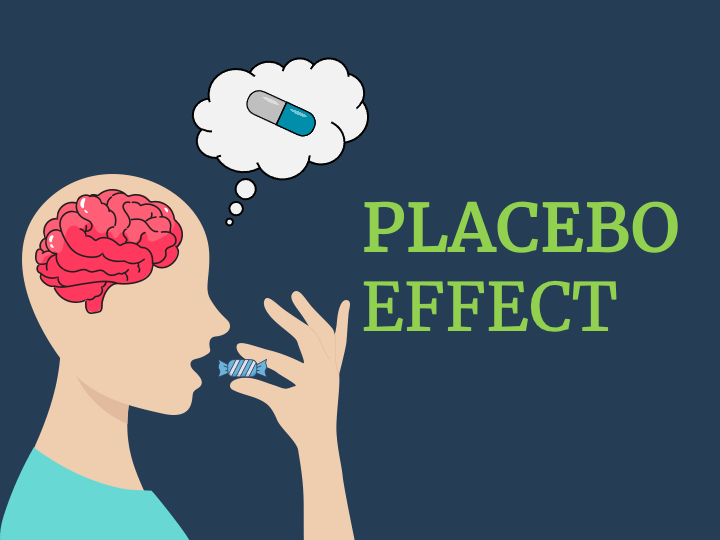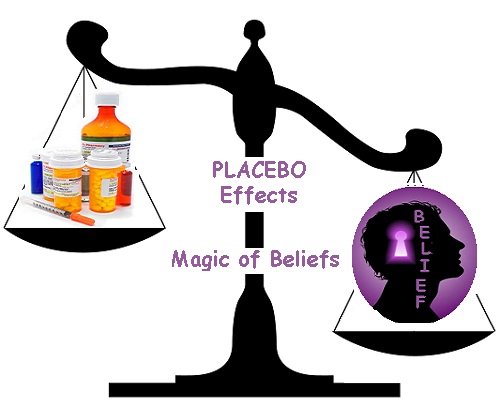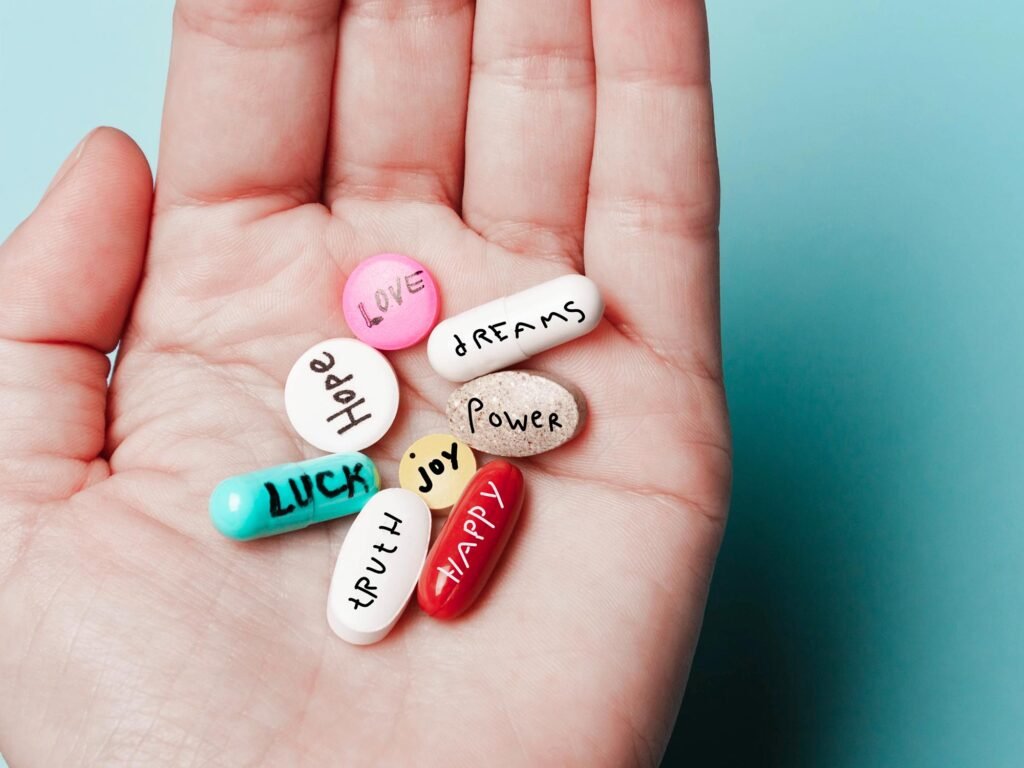Physical Address
304 North Cardinal St.
Dorchester Center, MA 02124

Imagine taking a sugar pill, being told it’s medicine, and then—miraculously—your pain fades. Your headache vanishes. Your body starts to feel better. No actual drug involved. Just your belief. That’s the Placebo Effect—and it’s one of the most mysterious and powerful forces in medicine.
So, what exactly is happening here?
The placebo effect occurs when a person experiences real changes in their health after receiving a treatment that has no active medical ingredients. It might be a pill, an injection, or even a sham surgery. What makes the change happen isn’t the treatment—it’s your brain.
Doctors and scientists have studied this for decades. Time and again, clinical trials show that some patients who receive placebos—fake treatments—still report real improvements. Not just “feeling better,” but actual, measurable changes: lowered blood pressure, less pain, better sleep, improved mood.

As neuroscientist Dr. Fabrizio Benedetti once put it:
“The placebo is not a trick. It’s a real psychological effect with real biological outcomes.”
Here’s how it works. Your brain has a complex reward system that can release endorphins—natural painkillers—and even activate dopamine, the same chemical responsible for pleasure and motivation. When you expect to get better, your brain begins to act as if healing is already happening. And in some cases, that expectation alone triggers a chain reaction throughout your body.
But it’s not just about belief. Studies have shown that the color, size, and even the price of a placebo pill can influence how well it works. A red pill may work better as a stimulant, while a blue pill may be more calming. Why? Because your brain links color with effect—based on past experience or cultural beliefs.
This brings us to a deeper question: Is the placebo effect proof of the mind’s power to heal the body?
Well, yes and no. It’s not a magic cure. Placebos can’t heal broken bones or cure cancer. But they can affect conditions like pain, anxiety, depression, fatigue, and even the symptoms of diseases like Parkinson’s. In fact, some researchers believe the placebo effect is so strong, it should be considered a real part of any treatment.

Doctors are now exploring ethical ways to use placebos—not to deceive—but to harness the brain’s natural healing tools. In some cases, patients are even told they’re receiving a placebo, and still improve. That’s called an “open-label placebo,” and it works just because people understand that their belief itself might help.
The bottom line? Your brain has far more influence over your body than we once imagined.
Conclusion
The placebo effect isn’t just a medical curiosity — it’s a powerful reminder that the brain and body are deeply connected. While it can’t replace real medicine, it proves that belief, expectation, and hope have real, measurable impacts on our health. Science is only beginning to understand how our minds can play a role in healing.
What do you think?
Have you ever felt better after taking a treatment, only to find out it wasn’t real medicine? Do you think the brain’s belief is strong enough to influence physical healing? Share your thoughts in the comments — we’re curious to hear what you think.